 |
| May 11, 2021 |
 |
| Behavior & Society How Each of Us Can Prepare for the Next Pandemic Cooperative Extension programs have a long history of teaching readiness and survival skills—and with more funding, they could help us get ready for future outbreaks By Athena Aktipis,Keith G. Tidball | |
| |
| |
| |
| |
| |
| |
| Biology Brood X Cicadas Are Emerging at Last The Great Eastern Brood has been underground for 17 years. Here's what the insects have been up to down there | | By Kate Wong,Cherie Sinnen | | | |
| |
| |
| |
FROM THE STORE
 | | | |
| |
FROM THE ARCHIVE
 | | How Do We Prevent the Next Outbreak? Our planning needs to take account of the complex interconnections among species, ecosystems and human society By Nicholas A. Robinson,Christian Walzer | March 2020 | | |
LATEST ISSUES
 |
| |
| Questions? Comments?  | |
| Download the Scientific American App |
| |
| |


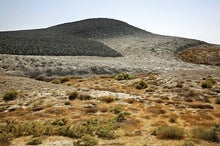
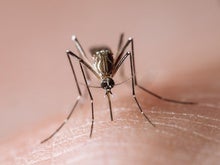

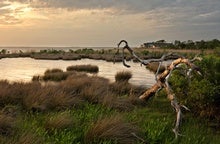
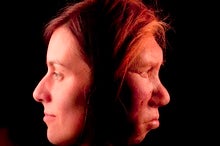

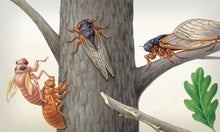







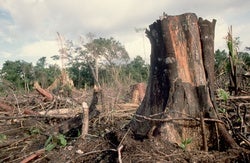
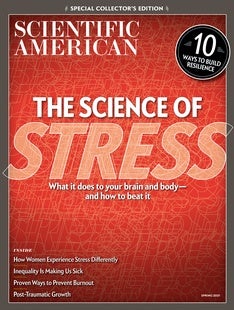

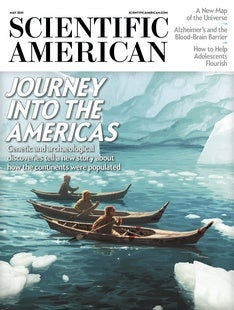

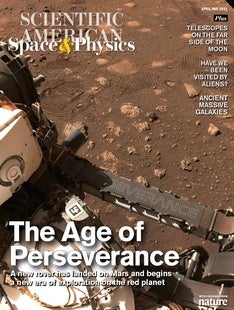



Comments
Post a Comment